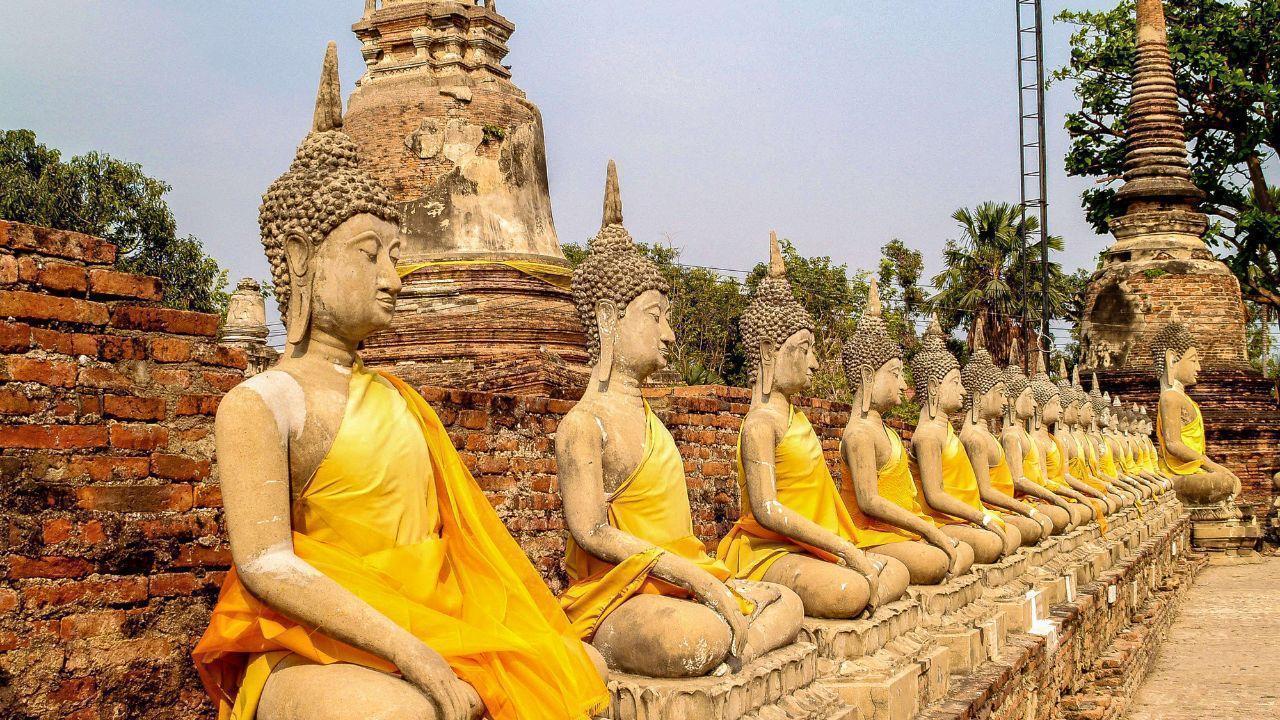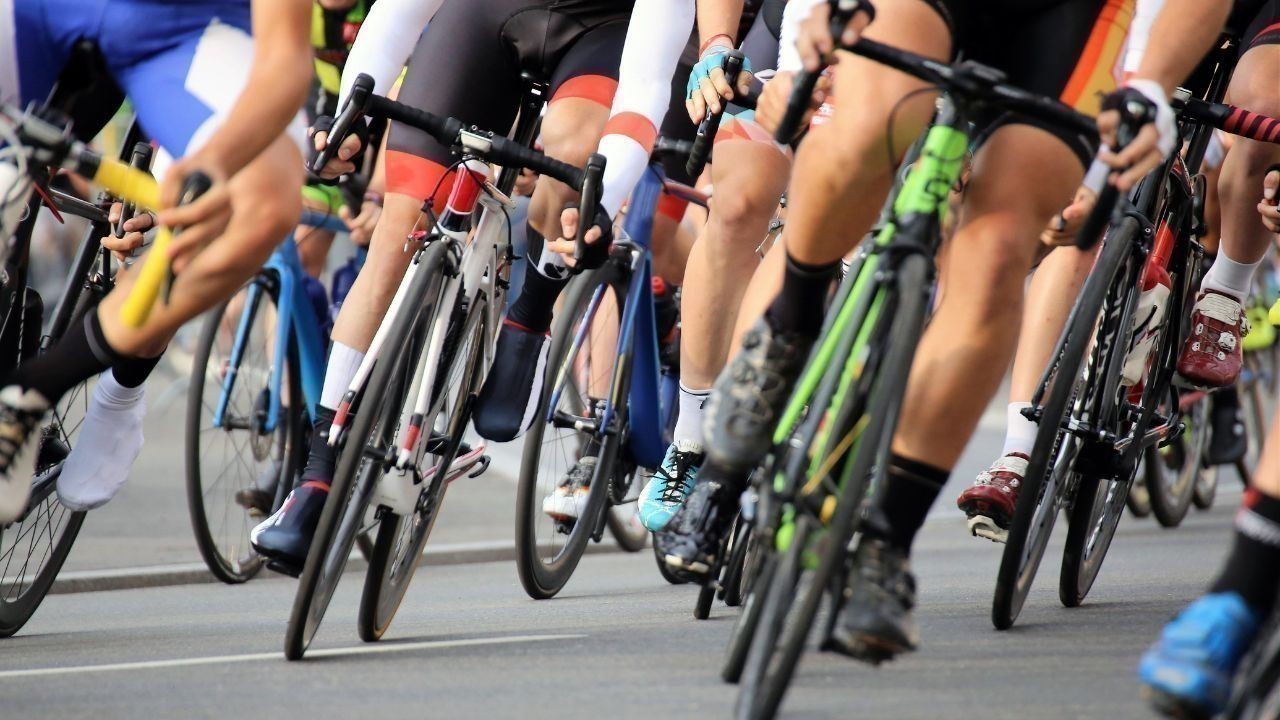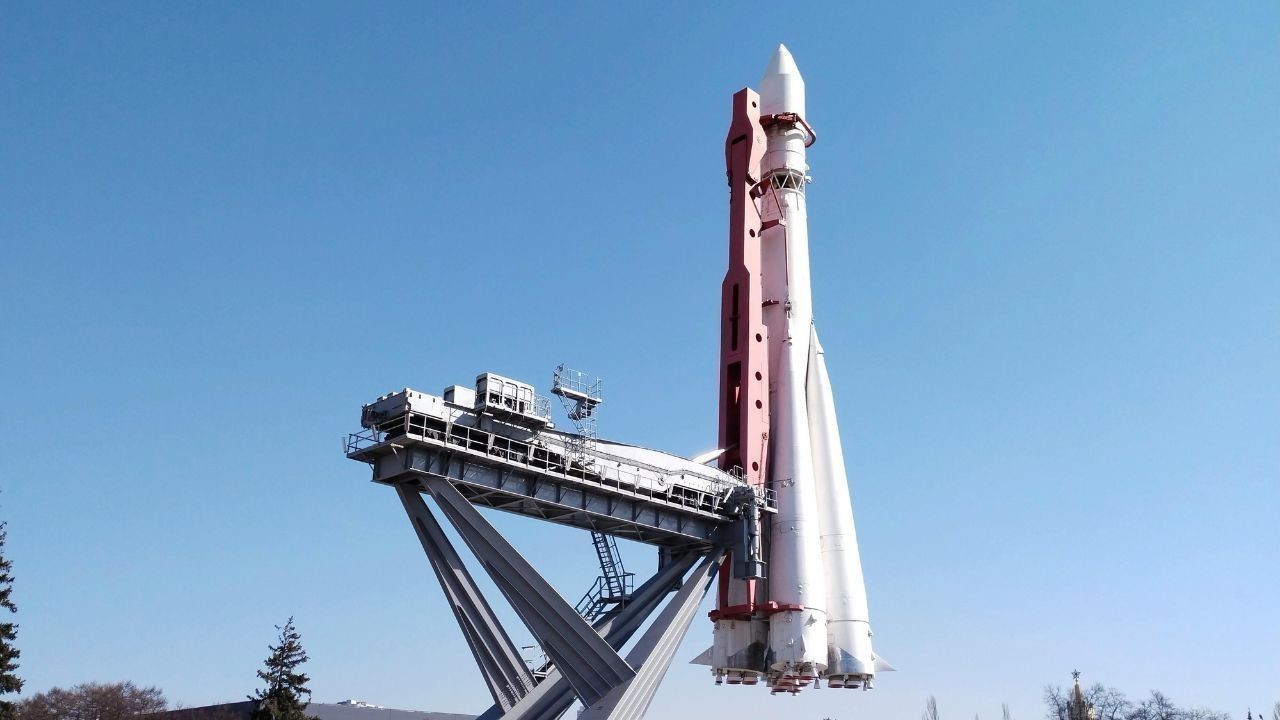
Post by : Zayd Kamal
In today's world, physical activities are essential for maintaining a healthy lifestyle, but have you ever wondered how culture and history impact the way we engage in sports and exercise? How culture and history affect physical activities is a question that has intrigued many, as both elements play a significant role in shaping the practices, preferences, and values surrounding fitness. From traditional sports to modern fitness trends, cultural beliefs and historical events have influenced the way societies approach physical activity.
The history of physical activities dates back thousands of years, with early humans engaging in physical activities for survival and skill development. Hunting, running, and combat were essential skills that not only ensured survival but also promoted fitness. However, how culture and history affect physical activities became evident as civilizations began to formalize sports and games as part of their social fabric.
For example, ancient Greece is considered the birthplace of organized sports. The ancient Olympic Games, which began in 776 BCE, were a key cultural event that promoted physical fitness and showcased the athletic prowess of individuals. These games were deeply rooted in Greek culture and philosophy, where physical strength was seen as an expression of personal and societal achievement.
In contrast, ancient cultures like China and India developed their own traditions of physical activity, which were influenced by their unique spiritual beliefs and practices. In India, yoga has been practiced for over 5,000 years, with its origins deeply tied to religious and philosophical traditions. Yoga emphasizes mind-body connection, flexibility, and strength, and its influence on modern fitness trends is undeniable.
Cultural norms and values significantly influence how culture and history affect physical activities. For example, in many cultures, physical activity is not just about exercise but is intertwined with social rituals and celebrations. In many African and Caribbean cultures, dance is a significant form of physical activity, often performed during community gatherings, celebrations, and ceremonies. These cultural practices not only provide physical benefits but also create a sense of unity and community.
In other cultures, physical activity is seen as a means of personal discipline or religious devotion. In Japan, the practice of karate and judo is not only about physical strength but also about cultivating discipline, respect, and mindfulness. The values instilled in martial arts are central to their cultural importance, highlighting how physical activity can extend beyond fitness to encompass deeper cultural significance.
The role of gender in physical activity is also influenced by culture. In some societies, physical activity is seen as an activity for men, while women may be encouraged to focus on other pursuits. In other cultures, women are highly involved in sports and fitness, and there is a growing movement toward breaking down these cultural barriers to encourage gender equality in physical activities.
Historical events have also played a major role in shaping physical activities and fitness trends. For example, the Industrial Revolution had a significant impact on how people viewed physical activity. As machines replaced manual labor, physical work became less common, and people shifted to more sedentary lifestyles. This change led to the emergence of fitness movements like gymnastics and bodybuilding, as people sought new ways to maintain their health.
World Wars I and II had a significant influence on physical activities, especially in terms of military training. During these wars, physical fitness became a priority for soldiers, with military training programs focusing on strength, endurance, and combat skills. After the wars, many of these fitness programs became popular in civilian life, leading to the rise of fitness gyms and physical training regimens that we see today.
In the 20th century, the fitness revolution brought about by figures like Jack LaLanne and Arnold Schwarzenegger helped to popularize bodybuilding and physical fitness in Western cultures. At the same time, new forms of exercise like aerobics, running, and group fitness classes emerged, shaped by the cultural shifts of the time. These trends reflected the growing importance of physical fitness in modern society, influenced by the increasing availability of free time and the desire for personal health and well-being.
In the modern era, how culture and history affect physical activities continues to evolve, as fitness trends change and new activities emerge. For example, the rise of social media has created a new platform for fitness influencers, who inspire millions of people around the world to adopt healthy lifestyles and engage in various physical activities. Fitness challenges, viral workouts, and shared fitness experiences have all become cultural phenomena, making physical activity more accessible and inclusive than ever before.
Additionally, the growing awareness of mental health has reshaped how people approach physical activity. Practices like yoga, mindfulness, and meditation have gained popularity due to their holistic approach to fitness, emphasizing both the body and mind. This reflects a broader cultural shift towards wellness that includes not only physical fitness but also emotional and psychological well-being.
The globalization of fitness has led to the fusion of various cultural practices into modern exercise routines. For example, yoga, originally an Indian practice, has become a global fitness trend that has been integrated with other forms of exercise like Pilates and strength training. This cultural exchange has made physical activity more diverse and adaptable to individual needs and preferences.
In this article, we explore how culture and history affect physical activities and how these influences shape the way we engage in fitness today. Throughout history, physical activities have been closely tied to cultural practices, traditions, and social values. From ancient civilizations like Greece, India, and China, to modern-day fitness trends, historical and cultural contexts have shaped how people approach exercise and wellness. The rise of organized sports, cultural rituals like dance, and the integration of physical fitness with discipline, respect, and mental health are all examples of how cultural and historical factors influence physical activity. Today, new fitness trends, influenced by social media and the globalization of exercise, continue to evolve, blending various cultural practices into diverse fitness routines. Understanding these influences helps us appreciate the rich history behind the physical activities we practice today.
Disclaimer: The information provided in this article is intended for general informational purposes only. The views expressed are those of the author and do not necessarily reflect the views of DXB News Network. While every effort has been made to ensure the accuracy of the content, we recommend verifying the details with reliable sources before making any decisions based on the information provided.

Ajman’s Superyacht Service Centre Begins Full Operations
Superyacht Service Centre in Ajman is now fully operational, offering advanced refit and maintenance

The Little Things Launches First DIFC Pop-Up Store in Dubai
The Little Things opens its first Dubai pop-up at DIFC, offering premium collectibles, exclusive Fun

Samsung Launches Galaxy S26 Series with Smart AI Features
Samsung unveils Galaxy S26, S26+, and S26 Ultra with powerful AI, pro-level cameras, all-day perform

Fujairah Hosts Inaugural ATP Challenger 50 Tennis Event
Fujairah Tennis and Country Club to host its first ATP Challenger 50 tournament from March 2-15, off

UAE Rejects Sudan Army Claims at UN Council Meet
The UAE has strongly denied allegations by Sudan’s Armed Forces at the UN Human Rights Council, call

Rashmika-Vijay Tie The Knot In Grand Udaipur Wedding
Rashmika Mandanna and Vijay Deverakonda got married in a traditional Telugu ceremony at ITC Mementos

IMF Approves $8.1B Loan to Support Ukraine War Effort
IMF clears $8.1 billion four-year loan for Ukraine, with $1.5B released immediately to support budge

Bank of Baroda Faces Abu Dhabi Legal Battle over NMC Collapse
Bank of Baroda’s involvement in Abu Dhabi litigation tied to the NMC Healthcare collapse raises repu

Top Museum Openings of 2026 Set to Transform Global Tourism
From Los Angeles to Abu Dhabi and Brussels, 2026 brings major museum launches—Lucas Museum, Guggenhe

UAE Tour Highlights UAE’s Strength in Hosting Global Sports Events
Abu Dhabi Sports Council says the successful UAE Tour reflects the UAE’s leading role in hosting maj

EU Seeks Clarity from US After Supreme Court IEEPA Ruling
European Commission urges full transparency from the US on steps after Supreme Court ruling, emphasi

SpaceX Launches 53 New Satellites for Expanding Starlink Network
SpaceX launches 53 Starlink satellites in two Falcon 9 missions, breaking reuse records and expandin

RTA Awards Contract for Phase II of Hessa Street Upgrade in Dubai
Phase II of Hessa Street Development to add bridges, tunnel, and upgraded intersections, doubling ca

UAE Gold Prices Today, Monday 16 February 2026: Dubai & Abu Dhabi Updated Rates
Gold prices in UAE on 16 Feb 2026 updated: 24K around AED 599.75/gm, 22K AED 555.25/gm, and 18K AED

Over 25 Ahmedabad Schools Receive Bomb Threat Email, Authorities Investigate
More than 25 schools in Ahmedabad evacuated after bomb threat emails mentioning Khalistan. Authoriti